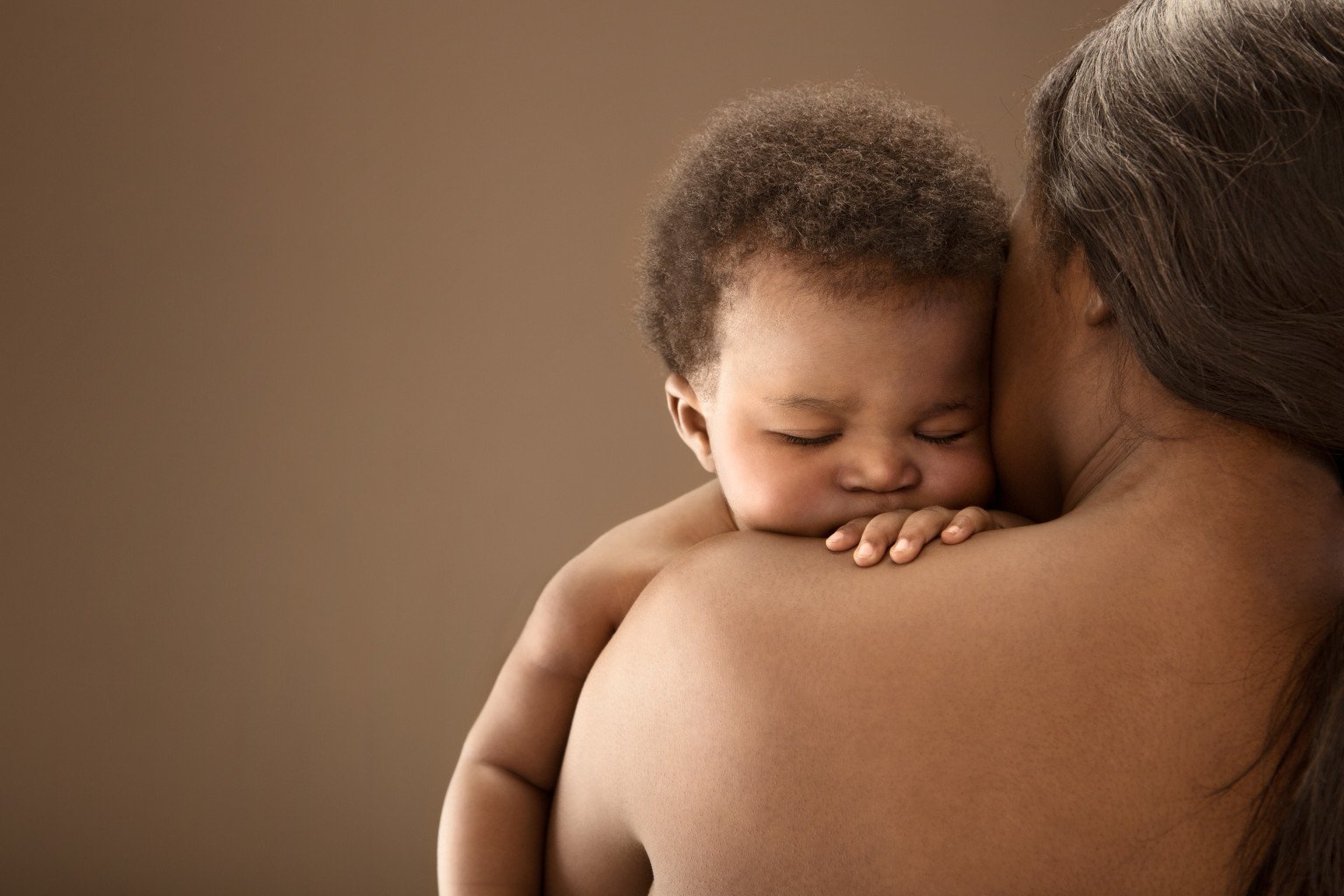Paternal Postpartum Depression is Real but Less Common than Maternal Depression

|
Getting your Trinity Audio player ready...
|
Claim:
On May 7, 2025, wherondaleswife made a tweet on X that “Just found out dads suffer from postpartum depression too.” The tweet has 13.6m views, 314 comments, 2.5k retweets, and 563 likes. With postpartum depression affecting one in seven women, NFM decided to clarify if the ailment affects men too.
NFM Checks:
Postpartum depression (PPD) is a type of depression that occurs after childbirth, affecting both women and, less commonly, men. It goes beyond the typical baby blues many parents feel in the first few days after birth. While baby blues usually pass within a week or two, postpartum depression is more intense and lasts longer, often requiring treatment.
Research shows that, in women, it usually begins within the first few weeks after birth. Still, it can also start during pregnancy or up to a year after delivery, caused by a mix of hormonal shifts, emotional strain, lack of sleep, and lifestyle changes. The common symptoms for women include: persistent sadness or crying spells, loss of interest or pleasure in things once enjoyed, trouble bonding with the baby, anxiety or panic attacks. Other feelings can include guilt or feelings of worthlessness, difficulty sleeping (even when the baby sleeps), thoughts of self-harm or harming the baby (in severe cases).
For fathers, paternal postpartum depression can begin 3 to 6 months after the baby is born, which is linked to stress, sleep deprivation, financial pressure, changes in the relationship, and even hormonal shifts (like decreased testosterone). This rate can escalate to nearly 50% when the mother is also affected by postpartum depression. However, paternal PPD manifests differently from maternal PPD.
Mothers experience PPD more frequently than fathers. Research says about 10–20% experience postpartum depression, sometimes more, depending on risk factors, while 8–10% of fathers experience it. As such, the higher rate of depression falls on the mother. These symptoms can adversely affect the family’s overall dynamic, potentially impacting the child’s development and the partner’s mental health.
NFM further consulted a medical expert for more clarity, Dr Convenant Longman, acknowledges that some men do experience postpartum depression, but it is less common compared to women. The medical professional advised that parents going through PPD should seek medical intervention.
Social media users’ reactions:
The tweet generated speculative responses, with a few users agreeing with it.
“They are depressed because they have responsibilities outside themselves and have to be attentive,” somalidollyy commented.
“They suffer from postpartum depression and even depression right before the baby comes. And if both parents are going through it? Good luck,”p_rico expressed her thoughts.
“That’s just regular depression. However, if we say men get it, they’ll do tons of research and find a cure. So yeah, men suffer HORRIBLY from postpartum depression! It even causes erectile dysfunction,” Princessbrulee agreed to the tweet.
Conclusion:
Fathers sometimes experience postpartum depression. However, mothers are more likely to experience it. If you or someone you know is experiencing symptoms of postpartum depression, it’s important to seek help from a healthcare professional. Supportive counselling, therapy, and, in some cases, medication can be effective treatments.
Naija Feminists Media is committed to fighting gendered disinformation and misinformation that concerns women.






